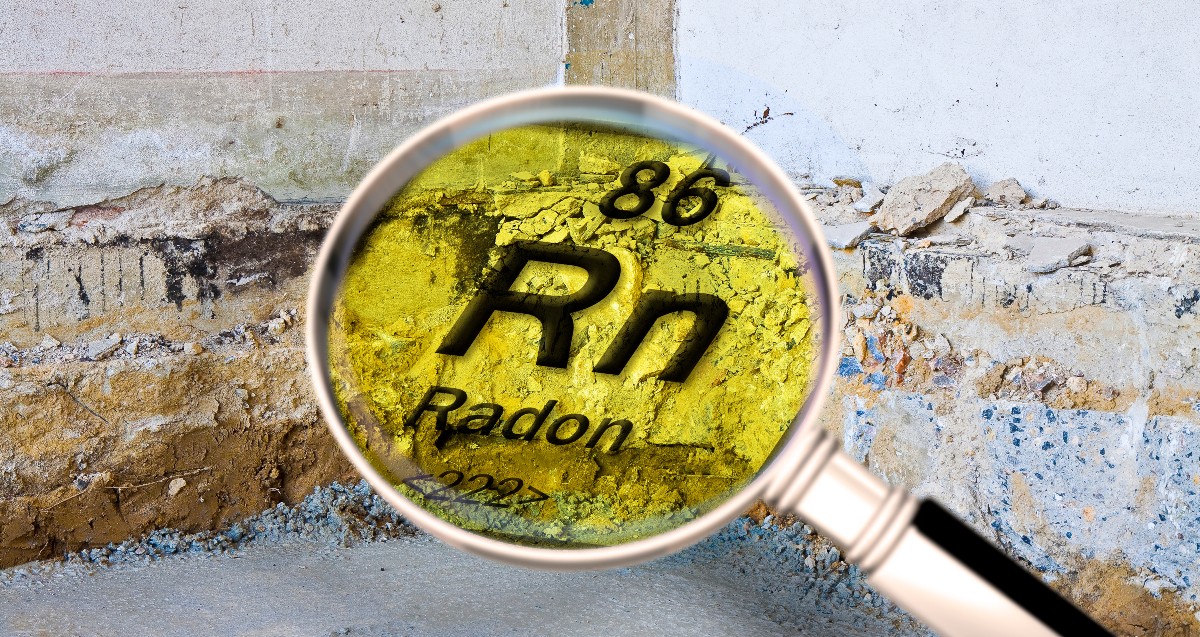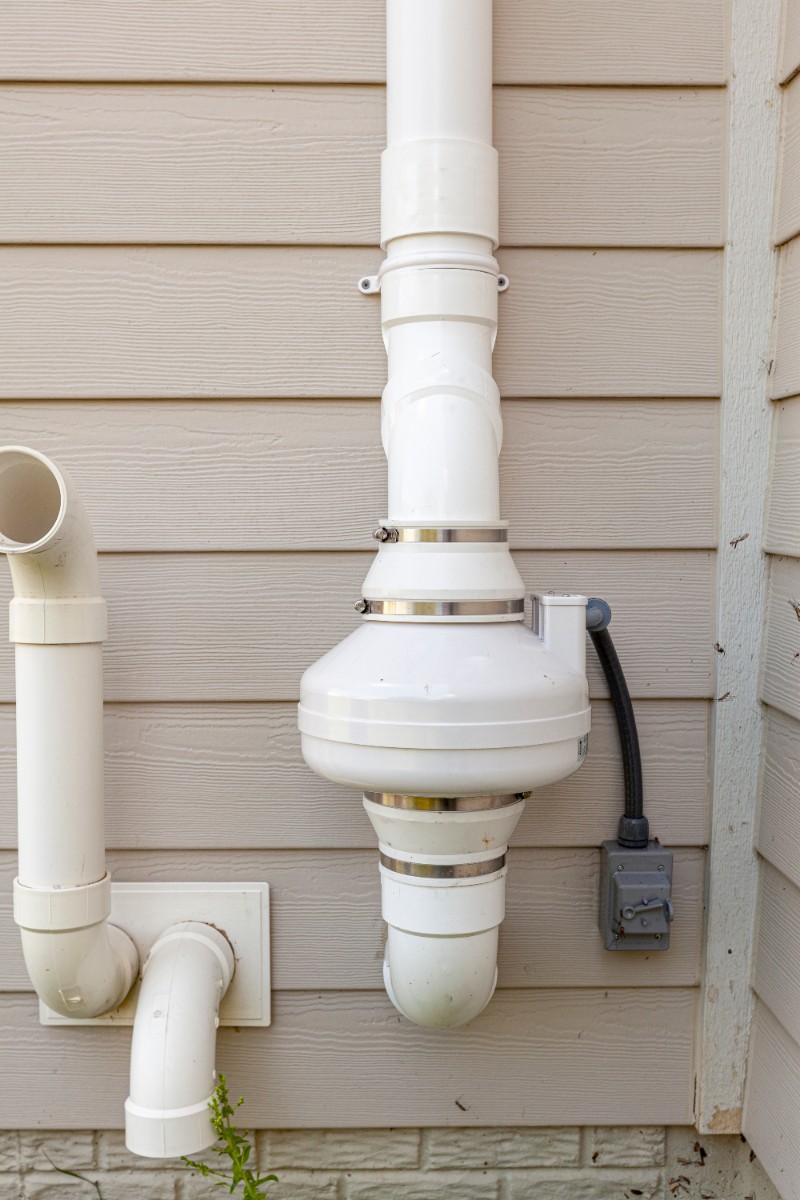Should You Get a Radon Test or Not?
Michigan does not require a radon test when purchasing a home, but it is recommended to do one to ensure that a home is not exposed to high levels of radon gas. Did you know that in Michigan, one out of four homes has high levels of radon gas? These levels are way higher (above four pCi/L) than the national standards put in place by the Environmental Protection Agency (EPA).
The main purpose of a radon test is to detect the presence and level of radon gas in the home. This test will also help determine if a home needs radon mitigation.
So what exactly is radon? What does radon testing do and is involved in radon testing? Keep reading to find out the answers to these questions and more.
What is Radon?
Radon is a radioactive gas that can cause damage to the lungs if one is exposed to high levels of it for a long period. This gas is colorless, inert, and odorless, so it is not easy for the average person to notice.
It also occurs naturally in nature, so many people are exposed to it without knowing it. Outdoors, the gas disperses quickly and is not usually a cause of health concern. However, most of this gas exposure will occur indoors, in homes, workplaces, and schools.
The gas gets trapped indoors after it enters a structure/building through cracks in the foundation, water pipes, and other openings. The gas can dissolve in moist soil and enter through cracks or openings.
In the United States, radon is one of the major causes (in the second position) of lung cancer. EPA estimates that approximately 21,000 people die annually from lung cancer resulting from radon exposure. The good news is that you can prevent this by testing for radon before you move into a new home and taking corrective action to lower the levels if it is too high.
What Does a Radon Test Do?
The radon test measures the amount of radon in a room/area. It is important to note that even if there is no radon in your home, you can still test for it. The results of a radon test can allow you to compare the amount of radon in your house with government standards which should not be more than four pCi/L.
This test will further help you make an informed decision on whether or not it is low enough to live in and whether or not it needs mitigation. It will also help you decide whether to buy a home. Note that the results of the test are valid for two years. This is because, during this period, new cracks can form, leading to more radon gas leaking into the house.
Tip: The EPA recommends hiring a professional to test the presence and levels of this gas for you. A professional will be able to test for radon levels accurately as well as conduct the test in the right conditions.
What is Involved in a Radon Test?
Radon testing involves using devices such as alpha track detectors, electret ion detectors, continuous radon monitors, and charcoal liquid scintillation detectors. These devices measure the amount of radon and hence the levels in the house. You may hire an expert to conduct this test for you or even do the test yourself using a do-it-yourself kit.
If you hire a professional to do the test, here’s a brief overview of how they’ll use the devices mentioned above to conduct the test.
Alpha Track Detectors
You can purchase these detectors at hardware stores or online. These detectors incorporate a layer of a film made of plastic that traps alpha particles. When the particles come into contact with film/plastic, they leave a mark on the film. Afterward, you will process the results in the lab.
Electret Ion Detectors
This device is produced in the lab and features a Teflon disc that traps alpha particles. Once the particle contacts Teflon, it initiates a drop of Teflon’s electric charge. The change in the electric field can be recorded in your detector and measured.
Continuous Radon Monitors
This active radon monitor requires no physical contact from the user. It works by utilizing a sensor that continually measures the radiation radon produces.
Charcoal Liquid Scintillation Detectors
As the name suggests, this detector uses a charcoal filter to absorb the alpha particles emitted by radon. The device is then taken to the lab, where experts will use a liquid scintillation medium to measure the radon in the filter.
What Should I Do if Radon is Found?
You can do a few things either as the buyer or seller of a house/property to minimize the radon level in your home.
As the Buyer?
The government does not require radon tests when you buy a home. However, doing one to ensure no problems with the home is still important. The government recommends that you test the radon levels in your house as a part of your home inspection.
Once the results return, you can evaluate whether the levels are too high. If they are, as a buyer, you can negotiate with the seller to get the radon levels in the house reduced or even request a price reduction.
As the Seller?
It would help if you offered to allow your buyer to conduct the radon test. If they agree and the test results show that you have a high radon concentration, you should be prepared to pay for a radon mitigation system or the cost of doing one. The government requires that licensed contractors properly install mitigation systems.
Contact Us and We’ll Connect You with Great Home Inspectors
Buying or selling a home or investment property is a big deal. You want to make sure you go about this process the right way, and if there are any issues like radon, you should be able to talk to a real estate professional and get the answers you need.
Midwestern Realty is a team of real estate professionals focusing on residential, commercial, agricultural, and lakefront properties. We strive to help you with every step, from listing your home to closing a purchase. We will also connect you with a great home inspector who can conduct a radon test. Contact us today, and we’ll help you get your needed answers.


